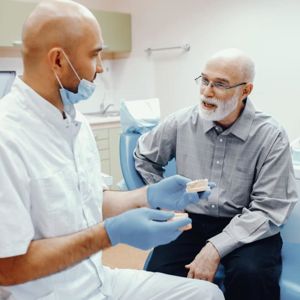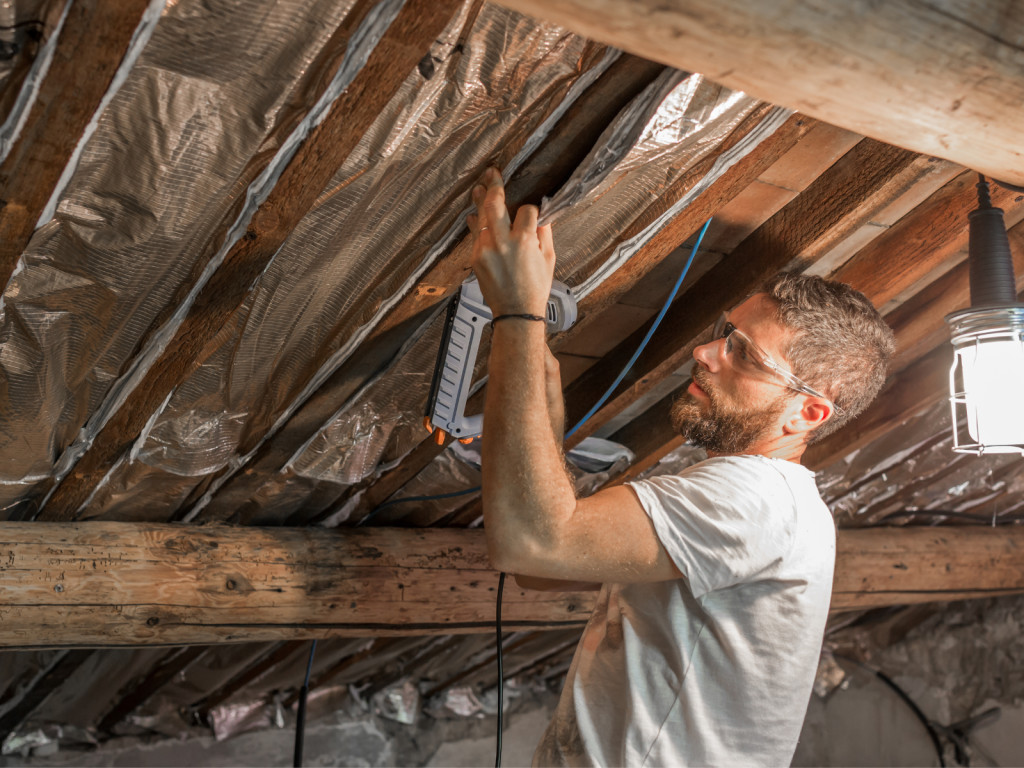Seniors: Here's How Medicare Can Get You Dental Implants

Are you wondering how to get dental implants with medicare? Search to find a good dentists covered:
There are a number of methods to acquire teeth, including clinical trials, charity donations, and scholarships. So if you're ready to find out how you can find dental implants, or at least pay less, keep reading to learn about your options.
Medicare Coverage
Dental implants are expensive, and traditionally seniors have had to either pay for them on their own or go without. But now, Medicare is offering coverage for dental implants as part of its new benefits package.
What does this mean? It means that seniors can get their teeth fixed with no out-of-pocket expense—in other words, the implant itself will be paid for by Medicare. There’s also a lifetime cap of per person per year; after that amount is reached in any given calendar year, it will not cover any further costs related to dental implants up until the next calendar year begins.
Medicare will only cover dental implants if they're deemed necessary because of tooth decay or injury (it won't cover cosmetic implants to make teeth look longer). But in most cases, you should be covered.
Procedures for Low-Income
If you're wondering ‘can I get dental implants?‘ the good news is that although it may seem like it, the world isn't completely run over with cold-hearted billionaires, always looking for a good way to make a quick buck.
There are also people determined to help others.
These ‘do-gooders' found, work for, or volunteer for nonprofits and charities that provide necessary medical care and dentistry for those who can't pay for them but need them.
Dental Lifeline Network
The Dental Lifeline Network is a nonprofit founded in 1974 that provides access to comprehensive dental care nationally. Their patients include:
- People with permanent disabilities
- People who are aged 65 and older
- People who are medically fragile
Their mission is to improve the oral wellbeing of individuals who identify with the above categories. Their flagship program is called Donated Dental Services (DDS).
DDS involves a national network that includes volunteer dentists and volunteer laboratories. This program provides comprehensive treatment including dental implants. Each state has a DDS program, and they make it easy to find a participating dentist in your state on this page.
States have different guidelines for who can qualify for these dentistry services, but in general, the qualifications include those mentioned above, combined with a lack of adequate income to pay for the dental care you need.
Once you search for your state, you may find that the program is not currently accepting applicants for some counties, due to a long waiting list.
Local Community Health Centers
Health centers are based in communities and directed by patients, delivering comprehensive and high-quality health care services.
They often try to provide integrative care, with pharmacies, and mental and oral health for those who can't access it based on income, lack of citizenship, homelessness, being an underinsured vet, mental illness, etc.
Dental schools
If there aren't any dental implant programs near you, consider dental schools. Dental schools that offer dental implants are another great option for not just implants but all sorts of dental work.
Dental schools and dentist training programs often offer services so that their students can gain experience performing procedures on real patients before becoming a licensed dentist. All states have dental schools that offer a wide range of treatment including the implant procedure
Depending on the programs in your state, you may or may not be able to receive dental implants, but it's likely that you can find cheap dental implants for a significantly reduced cost.
PACE Coverage
If you are over 55 and need dental implants, one option you can look into is the Program of All-inclusive Care for the Elderly (PACE). This is a home and community-based program that helps older adults who are eligible for nursing home care continue living in their communities.
As part of this effort, PACE may also help pay for services, like implants, that Medicaid and Medicare don't cover in your state or under your plan. Seniors can see about participating in any of the programs mentioned at the beginning of this article as well.
Final Thoughts
Whether you are missing one tooth, or all of your teeth, getting those teeth replaced is really important for not only your dental health but your overall wellbeing as well.
But this is just the start. There are many, many ways to get dental implants affordably or, you just need to do your research. Explore these options along with other available options in your area and we promise you won't be disappointed.



![[city] Dental Implant Dentists for Seniors](/image/cta/a26d1e02-a737-4f9b-a00b-e12a76213dd9)






